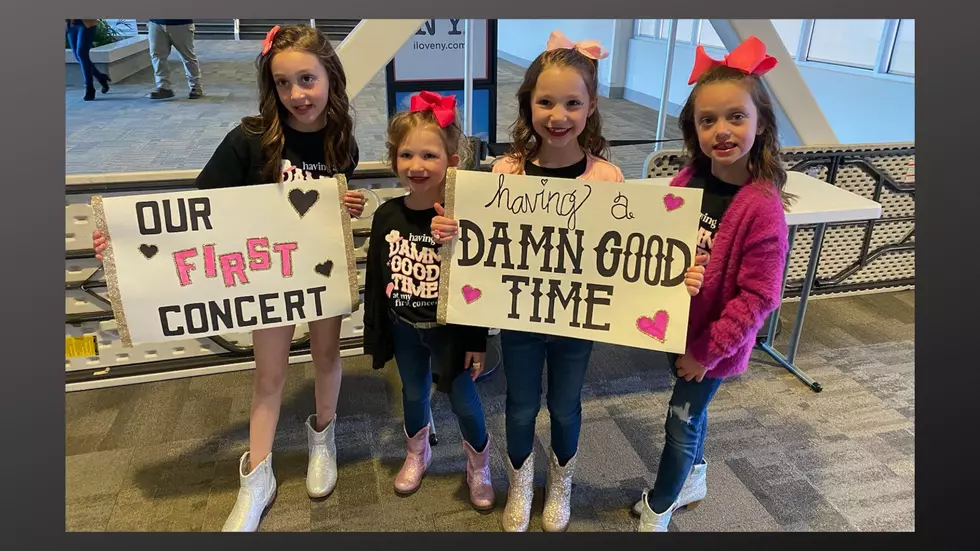
Matty Jeff Shares Suicide Warning Signs to Mark Mental Health Awareness Month
Suicide can be a difficult or scary thing to talk about, but it might be more prevalent than you think. In 2017, there were an estimated 1.4 million suicide attempts and 47,173 Americans died by suicide, according to the American Foundation for Suicide Prevention. More than half of those deaths (69.67 percent) were white males.
To put that in perspective, suicide is the 10th leading cause of death in the United States.
"There’s no single cause for suicide," according to the American Foundation for Suicide Prevention. "Suicide most often occurs when stressors and health issues converge to create an experience of hopelessness and despair. Depression is the most common condition associated with suicide, and it is often undiagnosed or untreated."
The warning signs might sound obvious when you read them in a list, but patterns might not initially seem troublesome when revealed slowly by a friend or loved one:
- A person talks about feeling trapped or hopeless, being a burden to others or just wanting to die
- A person withdraws from activities, family and friends
- A person searches online for information about killing themselves or death
- A person gives away prized possessions
- A person calls or visits people as if they are saying goodbye
- A person exhibits aggression or fatigue
- A person increases use of alcohol or drugs
- A person who had been anxious or depressed experiences relief or sudden improvement
One of the important things I learned from the American Foundation For Suicide Prevention is that real conversations about suicide save lives. It is such sensitive subject to discuss, we tend to push aside even simply learning about the topic. But where does that conversation begin? What are the signs to be aware of? What is the best way to help someone who may be contemplating suicide?
The American Foundation for Suicide Prevention has several tips for talking with someone who you think might be suicidal; read them all here. They have two other important resources:
- Call the National Suicide Prevention Lifeline: 1-800-273-8255
- Text TALK to 741741 to text with a trained crisis counselor from the Crisis Text Line for free, 24/7
As the experts say, depression already can be isolating, so taking the time to talk about your concerns can send a strong message to the person that he or she is not alone. I'll leave you with a few thoughts from Doreen Marshall, the American Foundation for Suicide Prevention's vice president of programs:
More From 107.7 WGNA



![See Saratoga County’s 10 Best Breakfast Restaurants [RANKED]](http://townsquare.media/site/81/files/2019/03/GettyImages-839554548-1.jpg?w=980&q=75)





